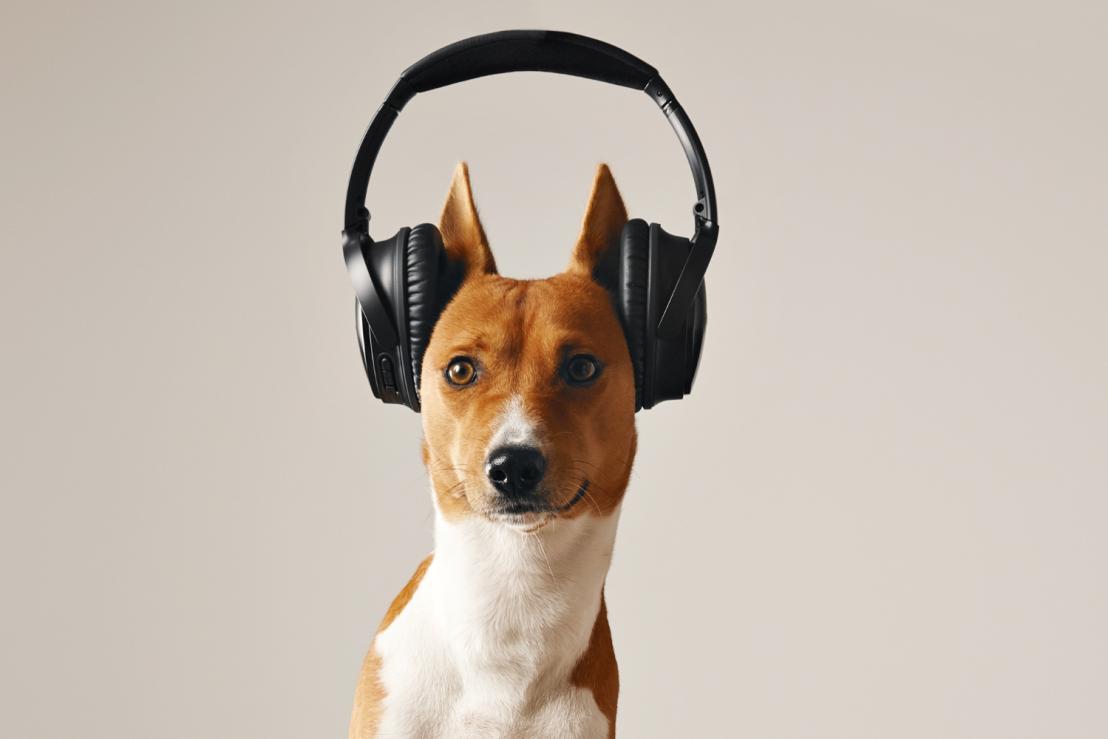Modal verbs in English
6 Mar, 2023

Onomatopoeia is the first thing human speech begins with. Babies first learn to imitate the sounds that surround them. They tell us how a cat speaks, or how a cow goes “moo”.
In the scientific community, such words are combined into a separate category called onomatopoeic words. They can both accurately convey the emitted sound and describe it. There is also a scientific name for this process — onomatopoeia, which is translated from Latin as “word-creation”.
Let's deviate a little from the topic and recall videos that are quite popular on the Internet, in which cats are called using different sounds accepted in a particular language, and they respond to the call that is closer to them. This is exactly what we would like to analyze in this article.
Onomatopoeia in nature
All living things in the nature around us necessarily make some kind of sound. Possibly other than fish. They really don't know how to talk. The cats say "meow", the dog says "woof". But is it true in English? And what other words do you need to remember to describe to your English friend your trip to the nearest campsite last weekend?
Is the message clear? Now let's talk about the difference between American and British dogs. As you know, American English is popularly considered a simple variant of the language that the people have adapted for themselves. So, is there a difference between the onomatopoeia in these two variants?
In English, there are five equivalents of the "woof": woof, bow-wow, ruff, yap, growl. And the latter is more related to growling. Large dogs bark and growl, small dogs yelp. But scientists, alas, have not yet identified the difference between their origin. But, for example, in Australian English there is a sound that a giraffe makes, which is not in other varieties of English.
If you want to have fun with the whole family and find out what animals say, remember the video for the song “What does the fox say?”, Which thundered all over the world with its popularity a few years ago. A simple song will introduce you to many sounds that animals make ;) But how does a fox speak?
Onomatopoeia in inanimate nature
Do you think it will be easier with inanimate objects, because they cannot make so many sounds? But they didn't guess! Cars growl, wheels creak, and water gurgles. It turns out almost everything that surrounds us, regardless of whether it is alive or not, is capable of making any sounds.
Verbs describing different sounds
Almost all onomatopoeia can be used6 as verb forms. So, at any time, the desired ending like -ing or -ed can be added to them. Consider some of the verbs that describe a particular sound.
to beep: the sound of a car siren or electronic device: buzz, honk; to beep to give a sound signal;
to boo: the sound of condemnation; to spit
to buzz: buzz (about the crowd), mutter, speak indistinctly, through teeth
to clang: the sound of metal or glass objects hitting each other: strum, jingle
to click: short, clicking sound;
to crunch: crunchy or creaking sound: crunch under wheels, under feet; gnaw with a crunch, crush something with a crunch
to gurgle: gurgling, murmuring sound: murmur (about a river, water); gargle, make guttural sounds
to hiss: hissing, rustling sound: hiss like a snake, whisper angrily, rustle (about grass, leaves, wind)
to howl: howl, moan (about the wind)
to hum: buzzing, monotonous sound: buzz, ring (about a car), hum to oneself,
to puff: the sound of air being released
to rattle: crack, rumble, rattle (dishes, keys), knock hard
to screech: to squeal or scream in a shrill voice
to splash: the sound of water splashing; to splash (on water, puddles)
to thud: hit, fall with a thud: thump, fall, break, slap (about a heavy object)
to tinkle: ringing sound: phone ringing, tinkling of a bell, sound of flying fragments
to whir: a buzzing sound made by machines, equipment
to chirp: tweet
to whoosh: to whistle, to make a noise
In addition, there are words such as cough, sneeze, spank, clap, scrape and so on. Possession of such vocabulary implies a good level of the language, which means that we will return to this topic in order to analyze it in a little more detail.